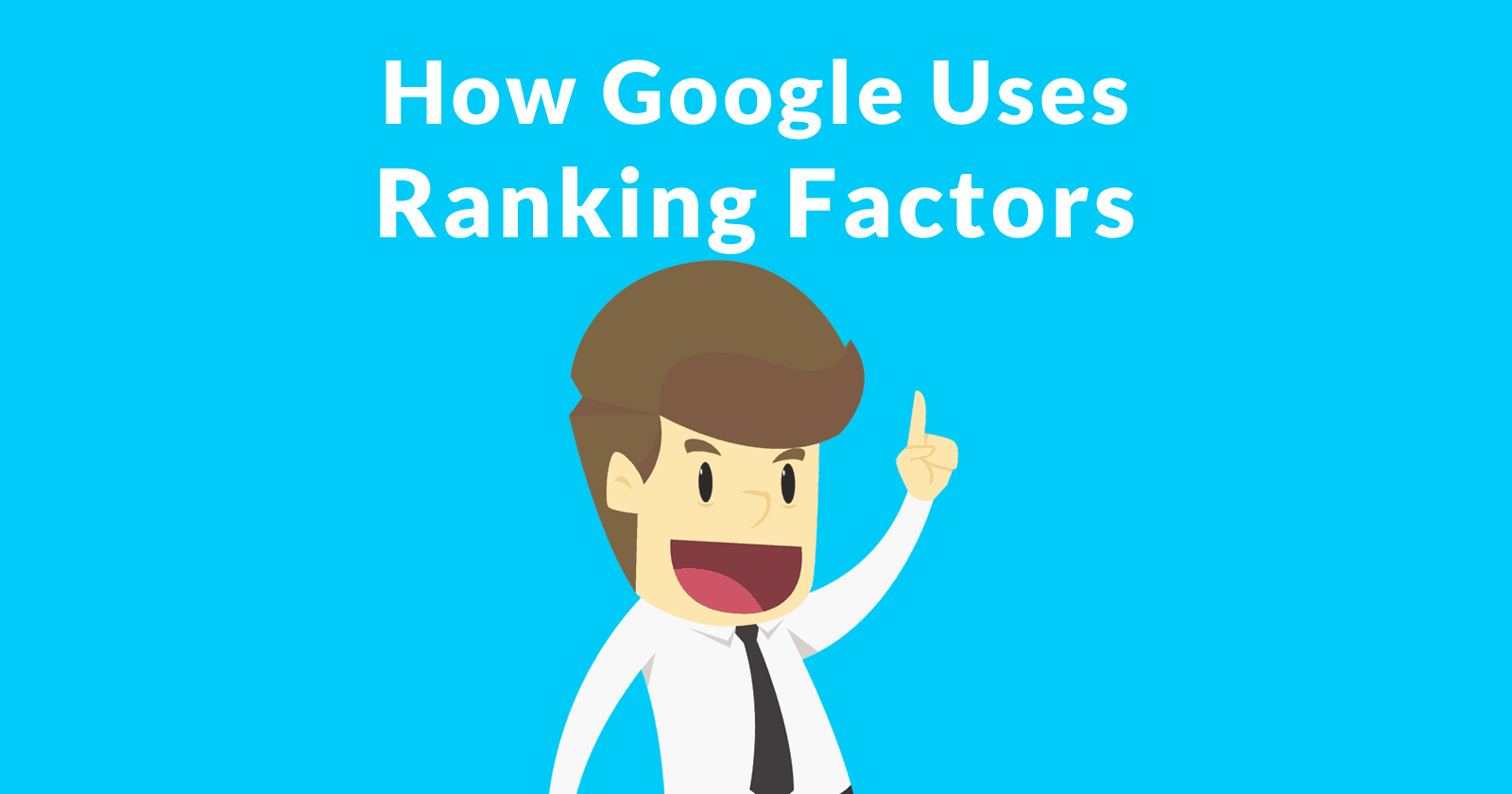In a Webmaster Hangout, Google’s John Mueller discussed how Google uses ranking factors for ranking websites. John indicated that ranking a page is not a matter of achieving top ranking factor benchmarks. He seemed to suggest that user satisfaction may be more important than a ranking factor such as speed.
The above observation is made in the context of speed as a soft ranking factor. It’s not meant to diminish the importance for a fast download. Speed is a critical component of conversions and user satisfaction in itself.
SEO and Ranking Factors
In the past, ranking in search engines was about focusing on certain ranking factors then wait a month for Google to rank the site.
Of paramount importance was to make sure your keywords were in the title tag, in the navigation, in the H1/H2 heading tags, in the content near the top of the page, and used in anchor text when linking out to another web page or web site.
That mentality carried forward when Google announced the Hummingbird Update and some SEOs suggested the proper response was to add synonyms to the title tag, headings, and content. Sounds silly, right?
It sounds silly because it is a continuation of the old way of targeting ranking factors, hitting them, then moving on to the next ranking factor.
The problem with that approach is that it’s focusing on ranking factors instead of focusing on people. As Google’s John Mueller made clear, the ranking process is not about what site is the fastest.
If you look at the search engine results pages, it’s clear that the top ranked sites don’t always have the most links, too. What this indicates is that ranking for Google is not necessarily a matter of making a list of ranking factors then creating a web page that conforms to that list.
Why Sites that are Slow Rank Well in Google
This particular question was about site speed. John Mueller’s answer focused on site speed then expanded to include links and content.
This is the question:
“What about speed for the mobile version? …Why are a lot of the top sites still so slow?”
John Mueller answered:
“…the good part is that we have lots of ranking factors. So you don’t have to do everything perfect.
But that also means that you run across situations like this where you say, Google says speed is important but the top sites here are not so fast therefore it must not be important.
So for us it is definitely important. But that doesn’t mean it kind of overrides everything else.”
This explains why a slow site can still rank at the top of the SERPs. This is what is known as a soft ranking factor. It cannot override other ranking factors.
John Mueller expanded on his answer with a hypothetical related to speed:
“You could imagine the fastest page you can think of is probably an empty page, right? But an empty page would be a really terrible search result if someone is searching for something really specific.
It’s really fast but there is no content there. The user wouldn’t be happy.”
Here is the interesting part.
John Mueller expands on the topic of ranking factors from just the speed factor to encompass links and content:
“So we have to balance all of these different factors. The content, the links, all of the signals that we have and kind of figure out how to do the ranking based on this mix of different factors that we have.”
This is interesting because it seems to suggest that ranking in Google is not strictly a matter of hitting a set of ranking factors in order to be awarded with a top ranking.
It’s not just the links. It’s not just the content. John Mueller finishes his answer by suggesting that what decides what ranks and what does not rank is how it is useful to the user in that particular moment for a specific context.
Here is what John Mueller said:
“And the mix changes over time as well. It can change fairly quickly too, where for example if something becomes really… newsworthy at the moment, then we might choose to show slightly different sites than we would show if something is more of a kind of research-y evergreen topic.”
Have Ranking Factors Evolved?
Ranking factors used to be like boxes that needed to be ticked in order to gain top rankings. That’s no longer the case. Yet the idea of ranking factors as the path to top rankings persists.
Perhaps a clue to top ranking is in what John Mueller said about a fast web page that didn’t satisfy the search query:
“The user wouldn’t be happy.”
That doesn’t minimize ranking factors. But it does give an important clue as to how think of keywords from the perspective of users and then craft content that’s focused on users rather than ranking factors.
Watch the Webmaster Hangout here.
More Resources
- 11 Things You Must Know About Google’s 200 Ranking Factors
- Top 7 Ranking Signals
- 17 Potential Ranking Factors You May Not Be Considering
Images by Shutterstock, Modified by Author




